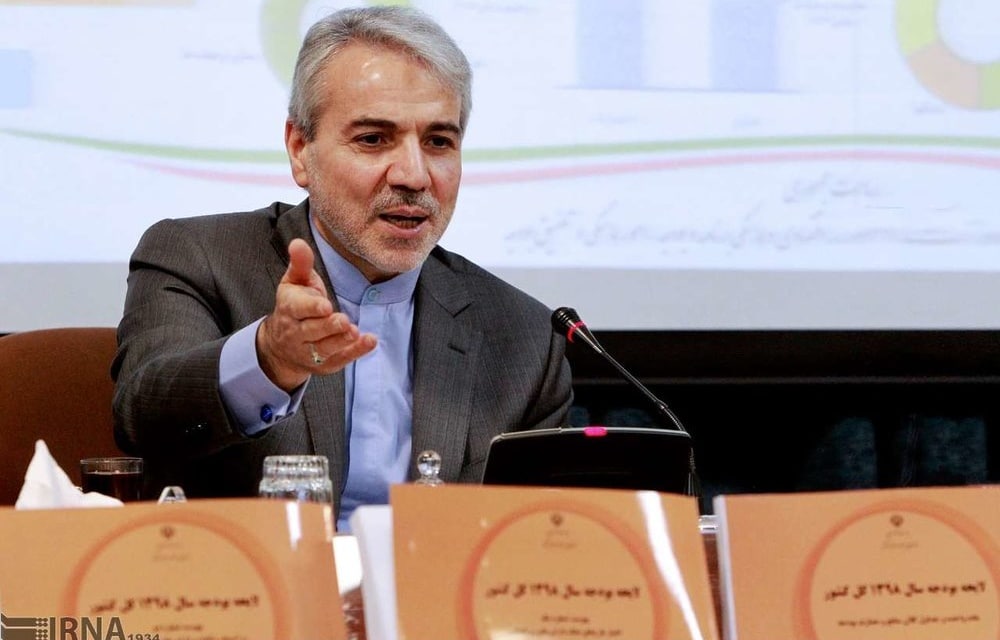Mohammad-Baqer Nobakht, a senior economic advisor in Iran’s Rouhani Government
Iran’s Rouhani Government has submitted its 2019-2020 budget to Parliament, but the proposal is prompting questions over its realism.
Mohammad-Baqer Nobakht, the head of the Budget and Planning Organization, told reporters that Thursday’s submission is based on revenues of 4.33 quadrillion rials ($103 billion) — an increase of 12% from 2018-2019 — from tax, selloff of State shares in companies, and oil exports.
Nobakht optimistically said that the Government expects only 27% of its income next year to come from oil sales, a sharp decrease from almost 50% in this year’s budget. He did not produce an explanation for the significant rise in non-oil revenues.
Iran’s oil exports have fallen almost 60% since April, from 2.5 million barrels per day to 1.1 million bpd in November, with the US imposing comprehensive sanctions on the energy and financial sectors on November 5.
The budget is based on sales of 1.5 million bpd at $54 per barrel. The current Brent oil price is about $62.
Iran Daily, Dec 6: Tehran Frets as US Meets OPEC
The Government is pinning its revenues and expenditures at the ability to obtain US dollars at the rate of about 43,000 rials to the dollar. Currently, the rate stands at 118,000:1, and amid Iran’s economic troubles and US sanctions, it has been as high as 190,000:1 this autumn.
Still, President Hassan Rouhani’s senior economic advisor assured reporters that the Government can allocate 1.42 quadrillion rials ($33.8 billion) to subsidies, including $14 billion in goods, to Iranians. He said there should no increase in the fuel and petroleum price from 10,000 rials ($0.23) per liter.
Nobakht said the Government will be in a strong enough position to devote 34% of oil revenues to the National Development Fund.
Because Iran’s Majlis is in recess, MPs will not discuss the proposed budget — due to take effect from March 20 — until December 16.

